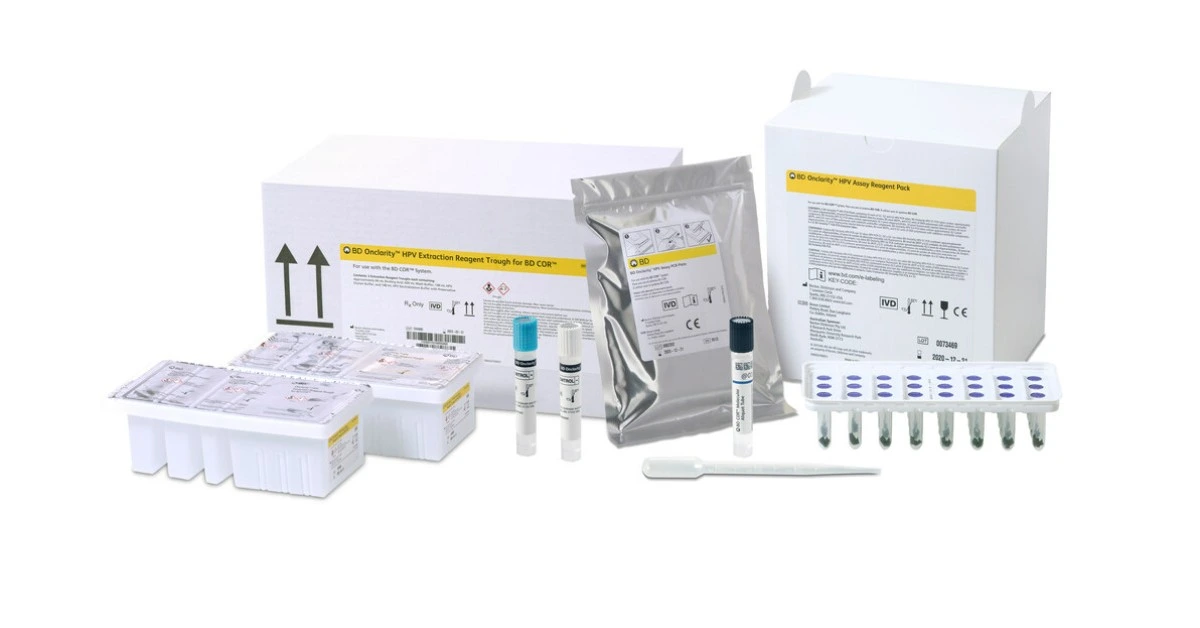
USA – The BD Onclarity HPV Assay has been incorporated into the American Society for Colposcopy and Cervical Pathology (ASCCP) Risk-Based Management Guidelines, marking a significant advancement in HPV screening and cervical cancer prevention.
This assay leverages extended genotyping to identify high-risk HPV strains with greater precision, allowing for improved risk assessment and treatment strategies.
Cervical cancer, predominantly caused by human papillomavirus (HPV), remains a global health concern. HPV encompasses various genotypes, with certain high-risk strains linked to cancer development.
Traditional HPV tests typically detect only two high-risk types individually, but the BD Onclarity HPV Assay identifies six cancer-causing types individually and groups the remaining eight into three pooled results.
This approach provides nine distinct results, enabling more refined risk stratification and personalized patient care.
Jeff Andrews, MD, FRCSC, vice president of medical affairs at BD, emphasized the benefits of this targeted approach.
“By identifying the specific HPV type and tracking those types individually across a patient’s visits, clinicians can more effectively manage high-risk cases and better guide follow-up for low-risk patients,” he said.
This precision minimizes unnecessary procedures and reduces potential reproductive harm, ensuring women receive the most appropriate care.
The updated ASCCP guidelines also support self-collection methods for cervical cancer screening, which can now be offered in clinical settings using the BD Onclarity HPV Assay.
This innovation addresses barriers such as time constraints or discomfort with traditional pelvic exams, making screening more accessible.
“With the recent FDA approval for self-collection in health care settings and now the inclusion of extended genotyping in the ASCCP guidelines, patients are poised to see significant improvements in both access to potentially life-saving screening and the precision of screening results,” said Nikos Pavlidis, worldwide president of Diagnostic Solutions at BD.
These new guidelines are designed to enhance cervical cancer prevention for high-risk individuals while reducing unnecessary interventions for lower-risk patients.
Repeated detection of the same HPV type, even a lower-risk strain, is now recognized as a critical factor in assessing the likelihood of cervical pre-cancer.
This evidence underscores the importance of extended genotyping in personalized risk management.
To support clinicians, the ASCCP plans to update its popular mobile application, which has been downloaded by over 150,000 healthcare professionals in the U.S.
This tool will incorporate the new guidelines, helping clinicians make informed decisions and improve patient outcomes.
In addition, self-collection for HPV screening has been included in recent recommendations by the U.S. Preventive Services Task Force (USPSTF), which aims to guide healthcare providers nationwide in delivering effective preventive care.
XRP HEALTHCARE L.L.C | License Number: 2312867.01 | Dubai | © Copyright 2025 | All Rights Reserved